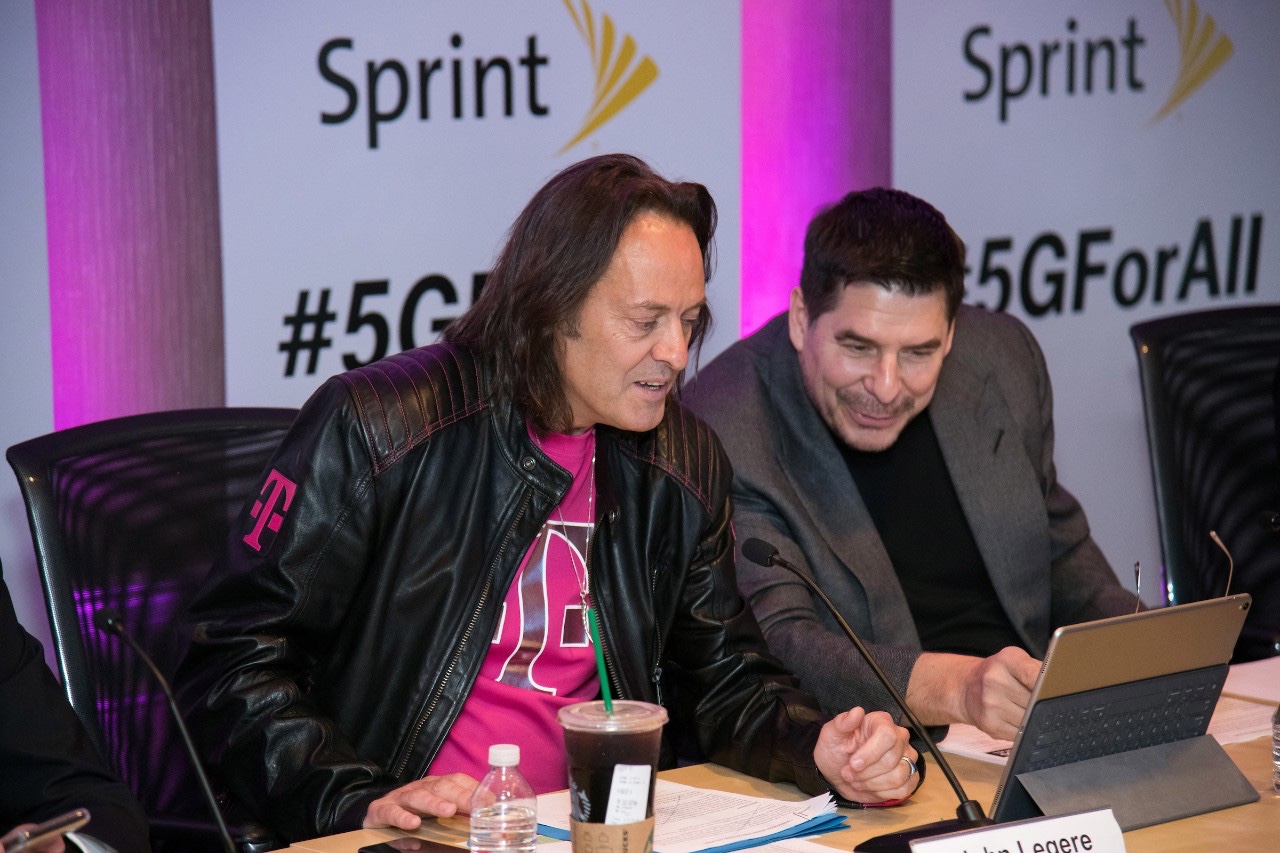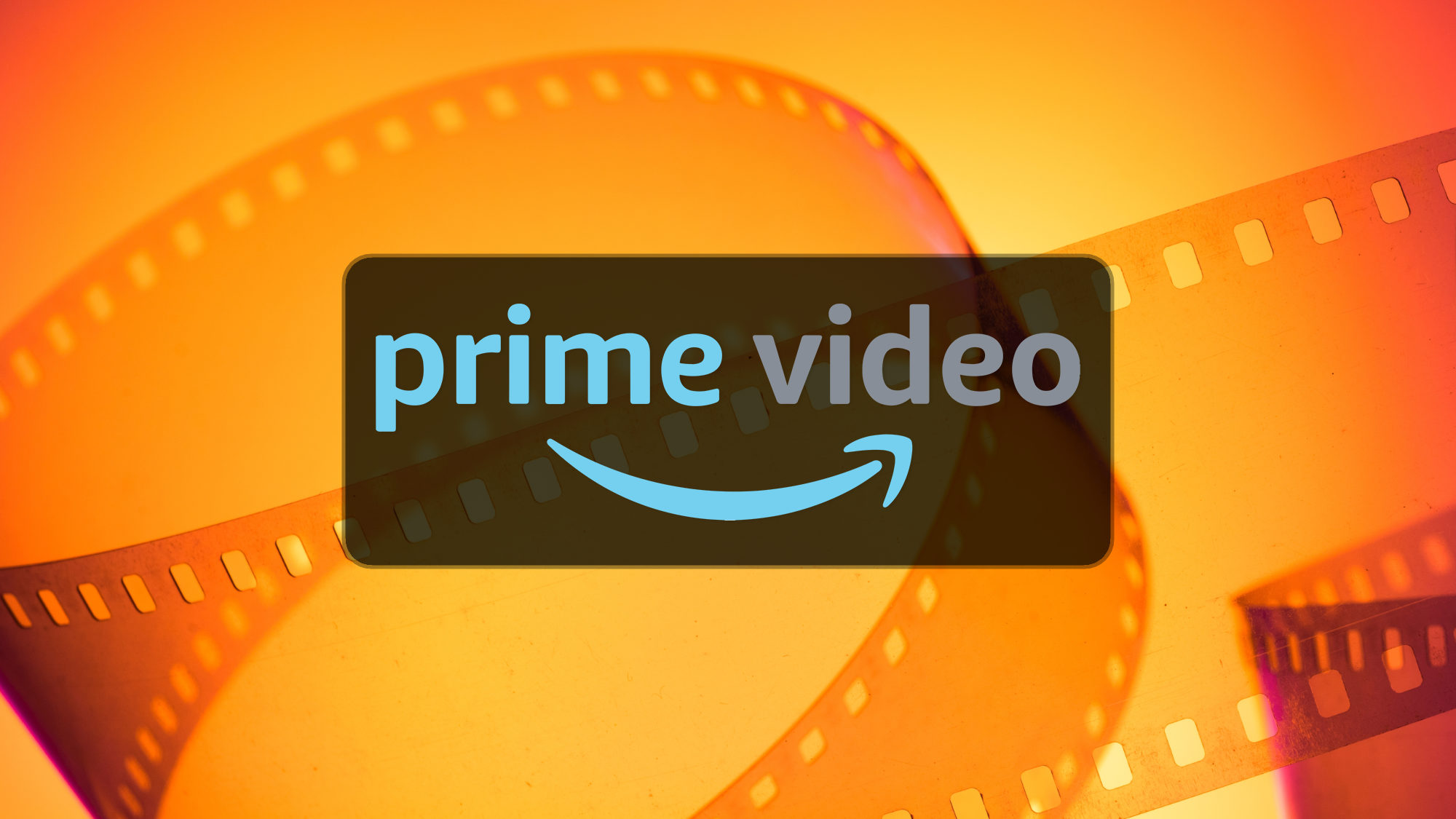T-Mobile/Sprint Merger Gets FCC Approval: What It Means for You
There's still a lawsuit to contend with

Here at Tom’s Guide our expert editors are committed to bringing you the best news, reviews and guides to help you stay informed and ahead of the curve!
You are now subscribed
Your newsletter sign-up was successful
Want to add more newsletters?

Daily (Mon-Sun)
Tom's Guide Daily
Sign up to get the latest updates on all of your favorite content! From cutting-edge tech news and the hottest streaming buzz to unbeatable deals on the best products and in-depth reviews, we’ve got you covered.

Weekly on Thursday
Tom's AI Guide
Be AI savvy with your weekly newsletter summing up all the biggest AI news you need to know. Plus, analysis from our AI editor and tips on how to use the latest AI tools!

Weekly on Friday
Tom's iGuide
Unlock the vast world of Apple news straight to your inbox. With coverage on everything from exciting product launches to essential software updates, this is your go-to source for the latest updates on all the best Apple content.

Weekly on Monday
Tom's Streaming Guide
Our weekly newsletter is expertly crafted to immerse you in the world of streaming. Stay updated on the latest releases and our top recommendations across your favorite streaming platforms.
Join the club
Get full access to premium articles, exclusive features and a growing list of member rewards.
T-Mobile and Sprint have cleared a big regulatory hurdle in pulling off their $26 billion merger, winning the Federal Communication Commission's approval to go ahead with combining their wireless networks under one company. But don't expect a done deal just yet.
In fact, despite T-Mobile and Sprint adding the FCC's blessing to the green light it got from the U.S. Department of Justice earlier this year, most people involved in the merger don't expect it to be fully completed until next year.
What's next for customers of T-Mobile and Sprint after this latest OK from regulators? Here's the current status of the T-Mobile-Sprint merger, including a look at where we go from here.
What's the latest news regarding T-Mobile's plan to merge with Sprint?
The FCC announced today (Nov. 5) that it approved of the T-Mobile-Sprint merger. However, that OK comes with conditions — Sprint will have to divest itself of Boost Mobile, the discount carrier it currently owns and operates. Dish Network is buying Boost and will get to use T-Mobile's network for seven years, while it builds out its own cellular infrastructure. T-Mobile and Sprint are also committing to building out a 5G network that covers 97% of Americans within three years of the merger's close.
Did the FCC give unanimous approval to the T-Mobile-Sprint merger?
In this political climate? No, the vote was split along party lines with three Republican commissioners, including chairman Ajit Pai, backing the merger, and two Democratic commissioners giving it the thumbs down.
Backers of the deal say that it will boost 5G coverage in the U.S., improve cellular connectivity in rural parts of the country and boost competition for home broadband. Opponents fear that combining the third and fourth largest carriers in the U.S. will hurt competition, leading to higher prices for cell phone plans and worse service.
For what it's worth, T-Mobile and Sprint said they would keep rates in place for three years following the merger when the companies were trying to win regulatory approval.
Get instant access to breaking news, the hottest reviews, great deals and helpful tips.
What's next for the companies now that the FCC has approved the merger?

Even with regulatory backing, T-Mobile and Sprint aren't about to run to each others' open arms. There's the not insignificant matter of a lawsuit filed by 16 state attorneys general challenging the merger. The number of states suing to stop T-Mobile and Sprint from combining is lower than it was before, as both Mississippi and Colorado have dropped out of the suit, after gaining concessions from the involved companies.
Still, even with those two states out of the picture, T-Mobile and Sprint still have a legal challenge to contend with. That trial is supposed to get underway in December. Even T-Mobile CEO John Legere, who's confident that the merger will go through, doesn't expect anything to be finalized until 2020, according to comments he made to analysts during the Uncarrier's most recent earnings call.
So everything is still on hold with the T-Mobile and Sprint merger?
Until we get a ruling in that lawsuit filed by the dozen-and-half or so states — or a settlement — yes. Sprint customers will continue to get their service from Sprint, T-Mobile customers will continue to do business with the Uncarrier, and Dish will bide its time, waiting to enter the wireless market with its planned Boost acquisition.
However, T-Mobile isn't completely cooling its heels until the December trial. On Twitter today, Legere teased a new Uncarrier event for this Thursday (Nov. 7). Tellingly, he used the hashtag #NewTMobile, which is what the combined T-Mobile-Sprint carrier will be known as.
Remember, remember the SEVENTH of November... #NewTMobile pic.twitter.com/q9RYpGyHNgNovember 5, 2019
Past Uncarrier events have unveiled new perks and plans, such as T-Mobile covering the cost of Netflix subscriptions for customers with family plans or T-Mobile's weekly customer rewards program.
Philip Michaels is a Managing Editor at Tom's Guide. He's been covering personal technology since 1999 and was in the building when Steve Jobs showed off the iPhone for the first time. He's been evaluating smartphones since that first iPhone debuted in 2007, and he's been following phone carriers and smartphone plans since 2015. He has strong opinions about Apple, the Oakland Athletics, old movies and proper butchery techniques. Follow him at @PhilipMichaels.
 Club Benefits
Club Benefits











